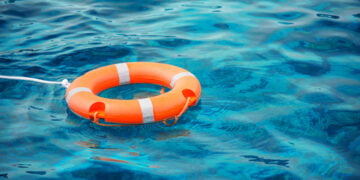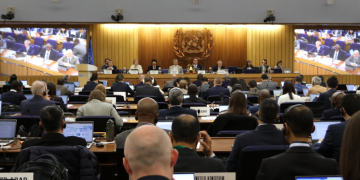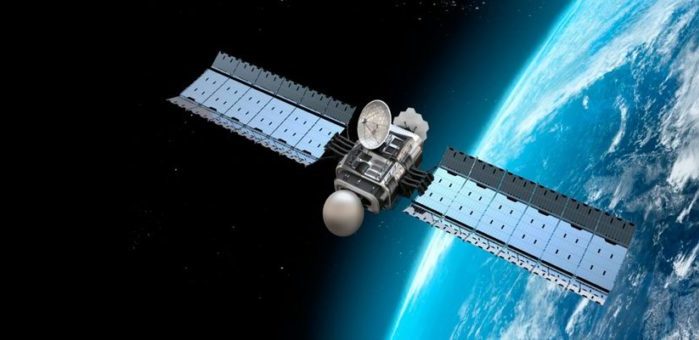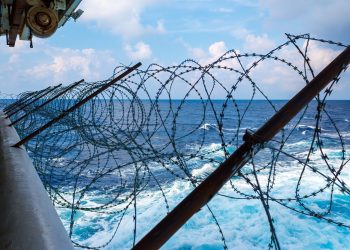The US Coast Guard (USCG) switched off the last Differential Global Positioning System (DGPS) signals after more than 25 years of service on June 30, due to the GPS that provides sufficient positional accuracy.
Accordingly, the launch of the U.S. operated satellite-based augmentation system known as Wide Area Augmentation System (WAAS) made clear that the DGPS is now no longer needed within the maritime community. GPS now provides sufficient positional accuracy to meet international navigation requirements for harbor approaches and to position Federal Aids to Navigation (ATON).
To better explain, the Global Positioning System is a U.S. government owned utility that is now ubiquitous, and provides users with free, highly accurate positioning, navigation, and timing (PNT) services. GPS technology can be found in cell phones and watches, shipping containers, and ATMs.
It plays a crucial role for all forms of navigation, farming, surveying and construction, banking and the financial markets, and the power grid. In its earlier iterations the information GPS provided was not accurate enough for some applications, including the Coast Guard’s positioning of marine aids to navigation. To solve this problem, in the late 1980’s and early 1990’s, the Coast Guard established the Maritime Differential GPS System to augment the existing GPS signal with accuracy corrections and integrity monitoring by broadcasting over Medium Frequency from terrestrial broadcast sites. The correction brought GPS position accuracy from several meters to less than one meter.
In its statement, the USCG notes that “The process includes the installation of navigation at a precise known location, which receives the GPS signal and compares the position solution from received signal to its known location. This result of this comparison is then generated in the form of a correction message and sent to local users via a radiobeacon broadcast. The received correction is applied by the user’s GPS equipment to reduce the system position error, thereby improving the user’s absolute accuracy. This effort was coordinated through the Special Committee (SC) 104 created by the Radio Technical Commission for Maritime Services (RTCM).”
DOT and USACE has already switched off the inland DGPS component, while the Coast Guard has operated the remaining Nationwide DGPS service, consisting of one control center and 38 remote broadcast sites, through its Navigation Center in Alexandria, Virginia.
Similarly, AMSA informed that on 1 July 2020 it will discontinue its Differential Global Positioning System (DGPS) service.































































